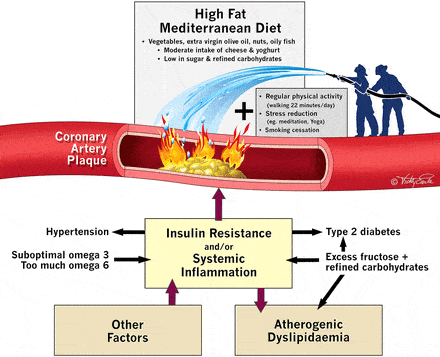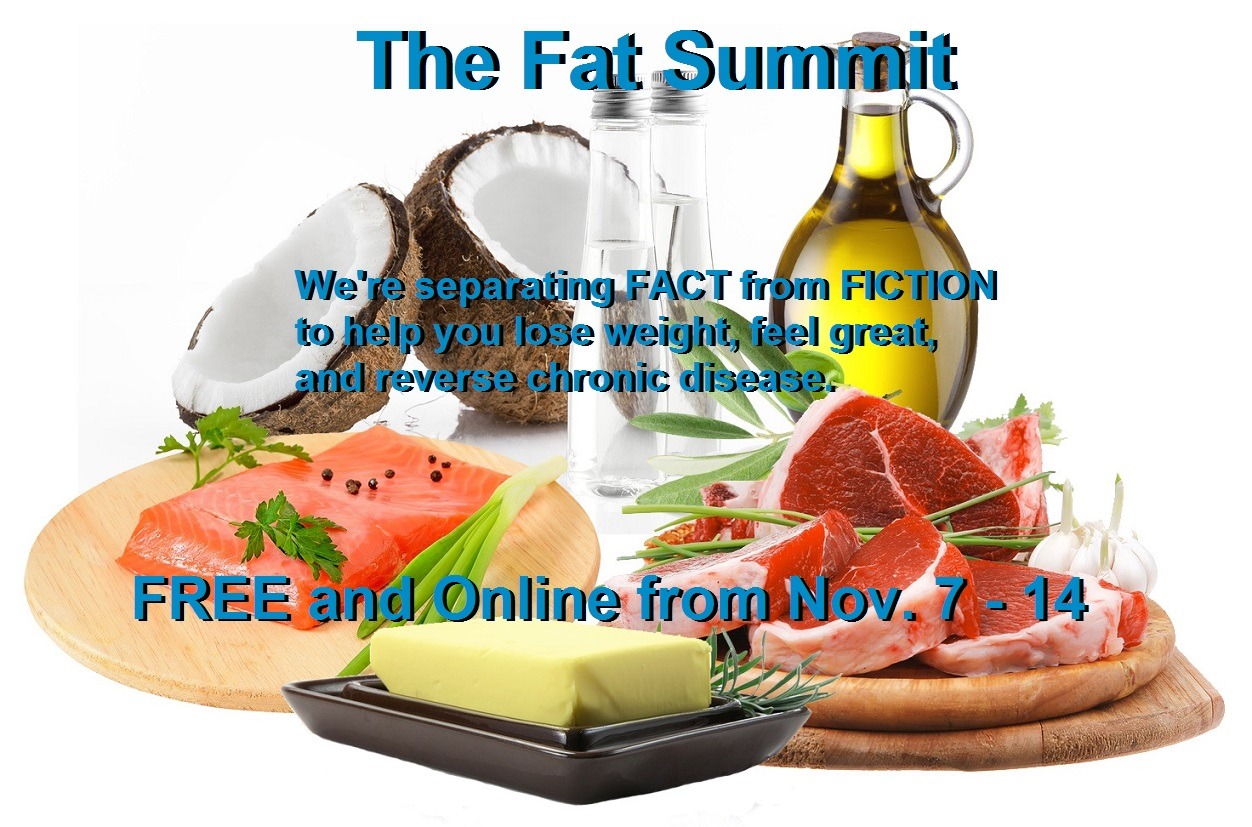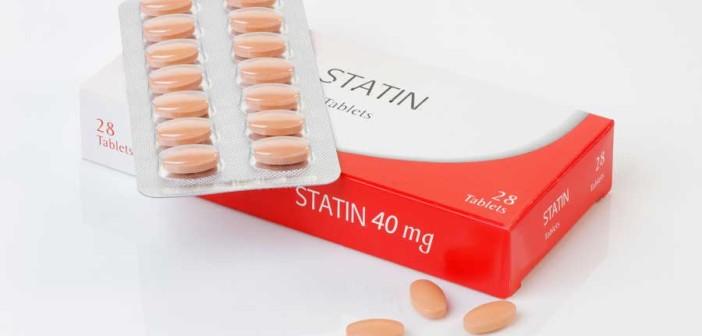Study: Vegetable Oils Contribute to Fatty Liver Disease – Saturated Fats Do Not
Nonalcoholic fatty liver disease (NAFLD) is rapidly becoming an international epidemic. The mainstream medical mantra for its underlying cause is "fat consumption." However, "fat" is a very general term and does not distinguish between traditional healthy fats and unhealthy modern processed fats and oils. The common belief is that saturated fat is the culprit in fatty liver disease, but a new study published in the July 4, 2017 European Journal of Nutrition comes to a different conclusion. This peer reviewed study, "Chronic consumption of fructose in combination with trans fatty acids but not with saturated fatty acids induces nonalcoholic steatohepatitis with fibrosis in rats," examined more closely the effects of trans fatty acids (from vegetable oils derived from corn and soybeans) versus saturated fats, found in traditional fats such as butter, coconut oil, and palm oil. The study’s title gives away their conclusion: fructose is bad for the liver, but it is worse with trans fats than it is with saturated fats.













